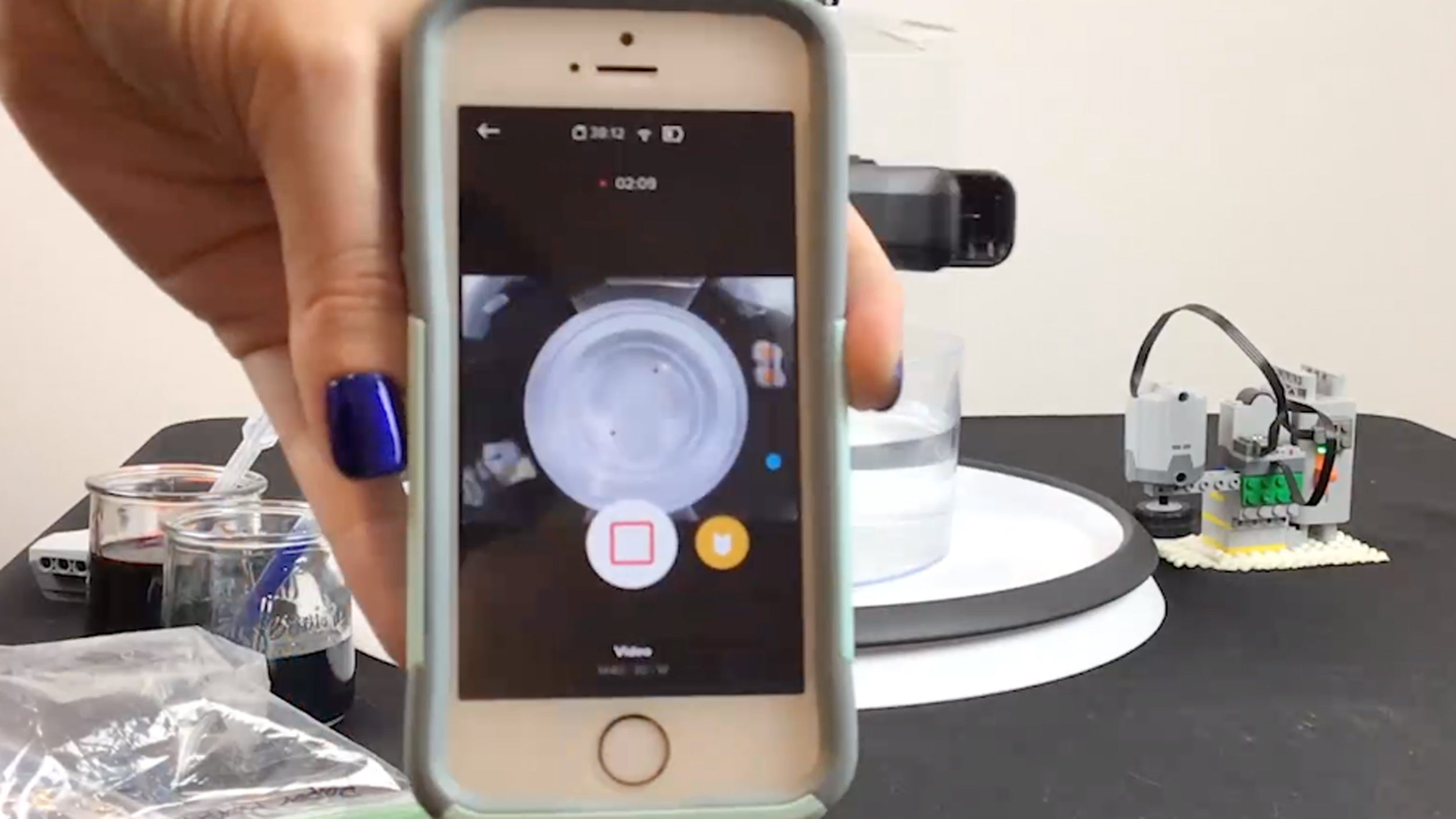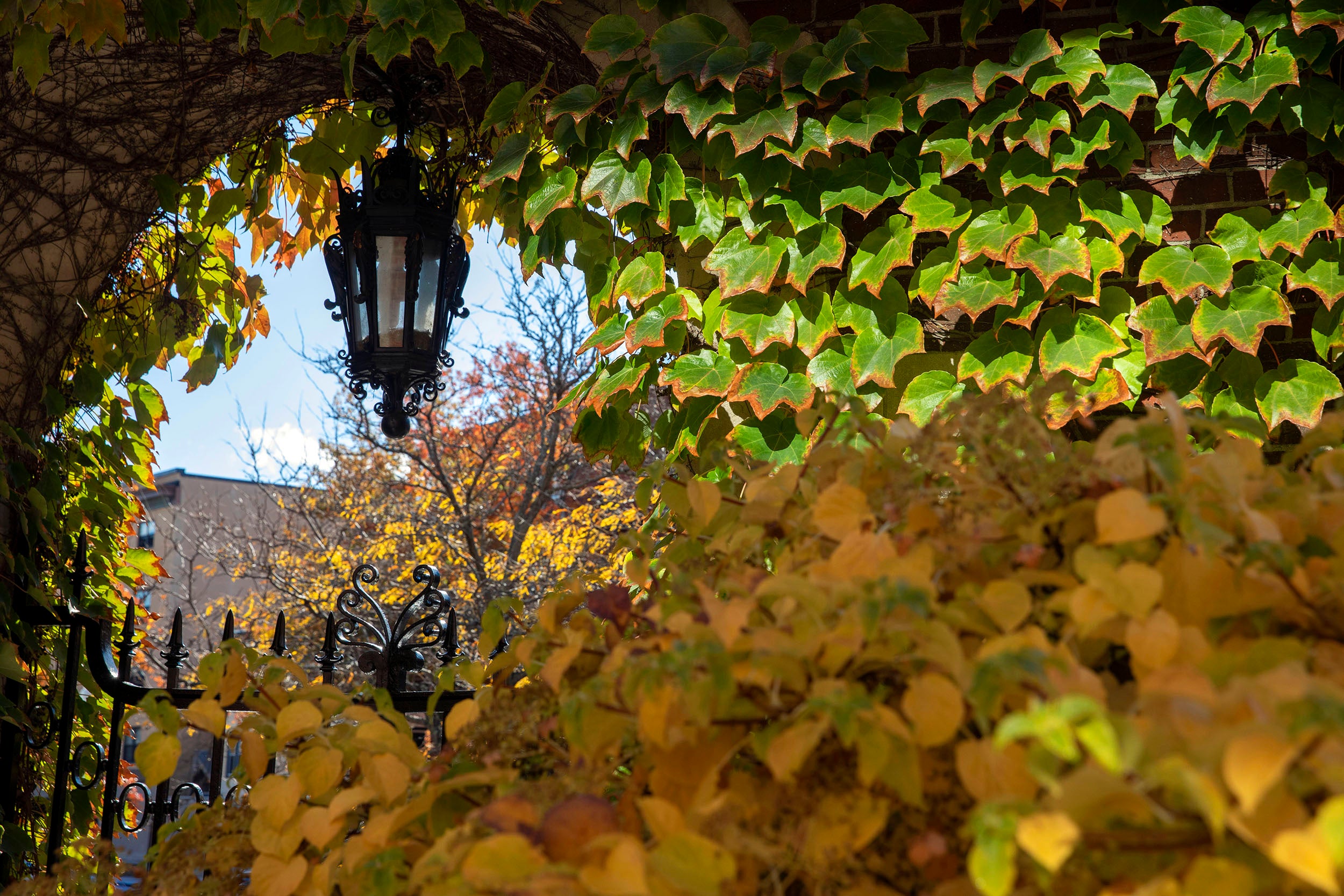Creating community in the virtual classroom
Faculty adapt their courses to bring students together
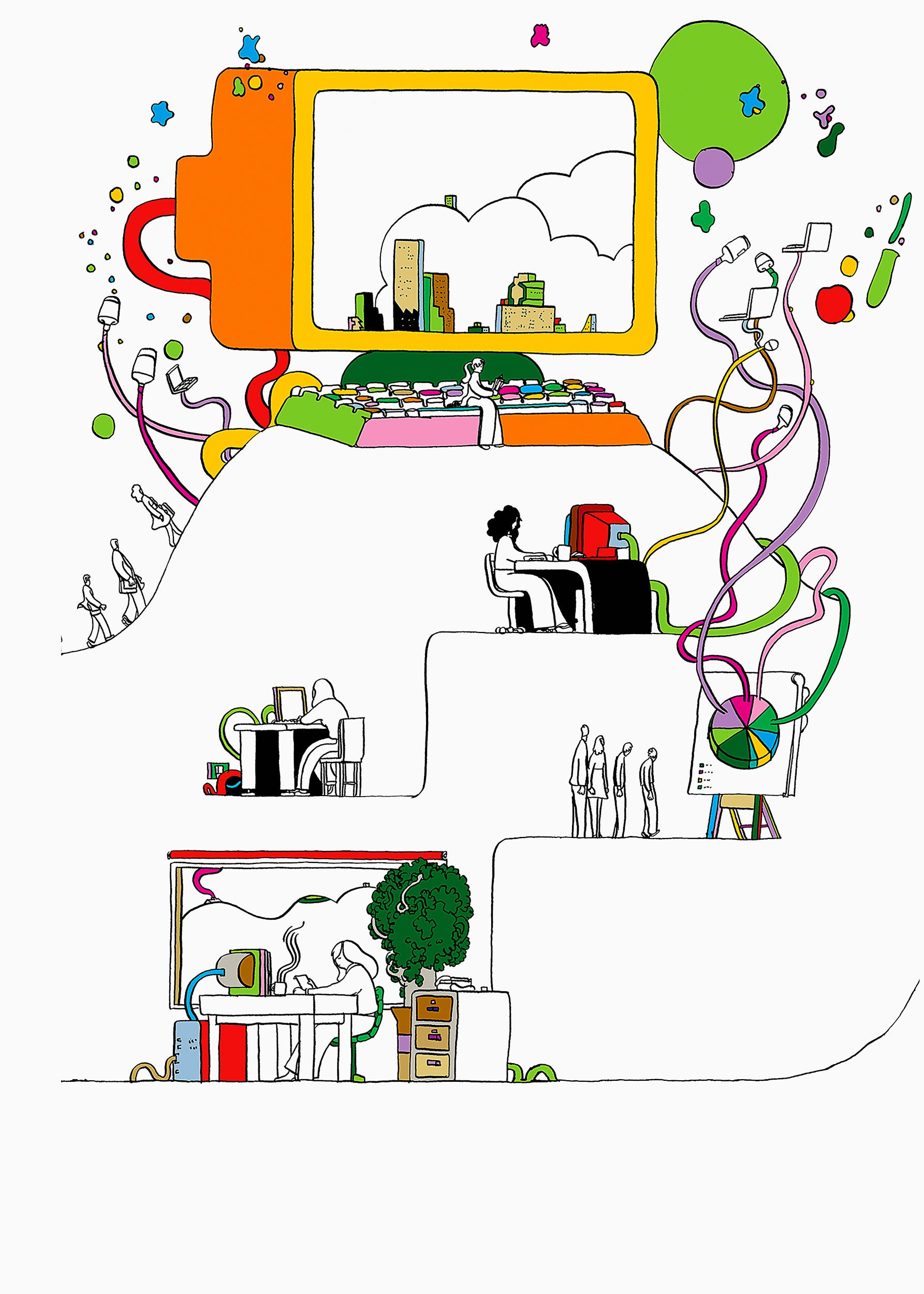
Illustration by Celyn
This story is part of a series about the ways in which faculty are innovating and planning for fall classes online.
Daniel Carpenter relied on serendipitous encounters among classmates to fuel his students’ learning beyond his lectures. But this fall, the Allie S. Freed Professor of Government is creating a space for those key moments online in his Gen Ed survey of the history and theory of modern republican governmental structures, “Res Publica: A History of Representative Government.”
In addition to breakout rooms for small group discussions during lectures and more intimate section gatherings with teaching fellows, Carpenter plans to host “Hangouts in the Republic,” optional gatherings for students to both discuss course themes and get to know each other without the pressures of being graded. The space will facilitate student interactions and mutual learning about America’s democratic republic, he said.
As students prepare for an academic year that will be entirely virtual, many Harvard faculty members have, like Carpenter, reconceived and redesigned their courses to offer students ways to find community in the absence of in-person learning.
Michelle Rosen and her teaching team will organize informal study groups, host small group meetings, and assign large- and small-scale team projects that mimic the camaraderie of a lab setting in her introductory SEAS course, “Computer-Aided Machine Design.” Without access to labs, lecture halls, and the campus machine shop, Rosen’s team looked for ways to foster collaboration among the group of mostly first-year students.
“These opportunities for them to get together when they aren’t being graded are important because they can talk and really express their ideas,” said the lecturer in mechanical engineering design. “The plan is to create some spaces for the students to have that kind of organic interaction.”
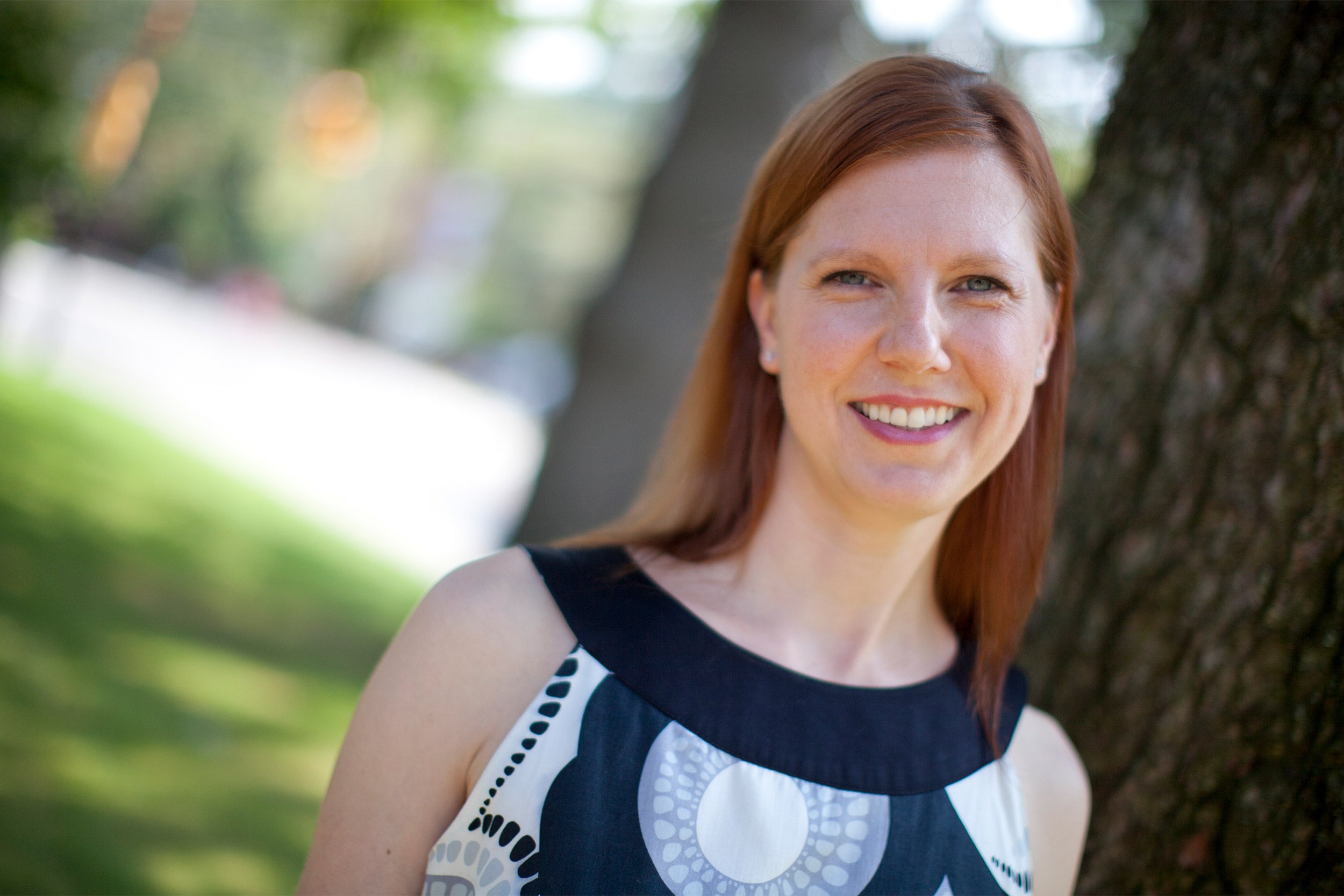
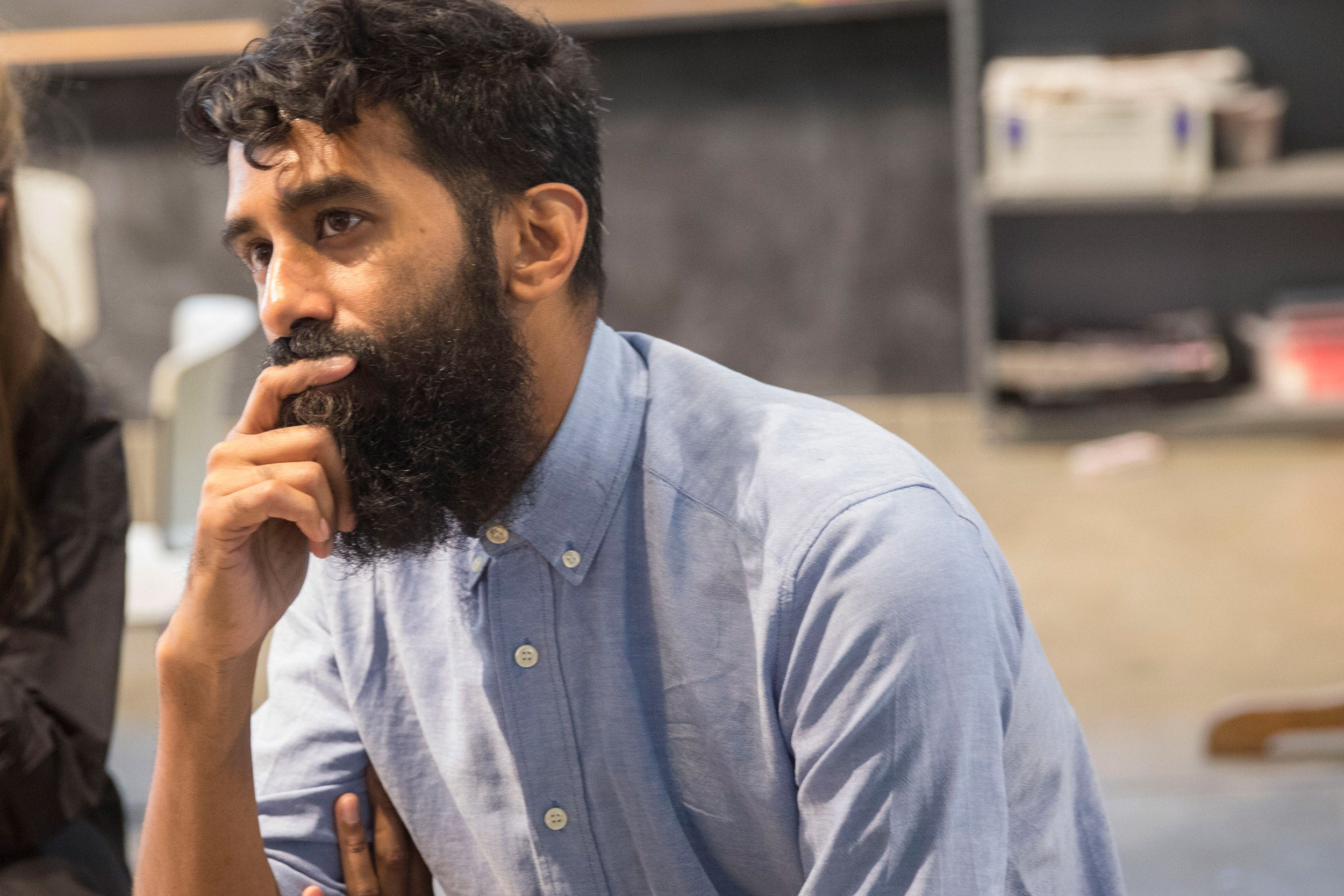
Jill Johnson and Karthik Pandian are helping to lead a new cross-disciplinary arts course.
Harvard file photos
In the arts, faculty and students face a semester away from campus studio spaces. Music Professor of the Practice Claire Chase, assistant professor of art, film, and visual studies Karthik Pandian, and senior lecturer on Theater, Dance & Media and Director of Dance Jill Johnson came together to create “The Garden,” a new cross-disciplinary arts course focused on individual mentorship for students working on independent projects.
“The roots of this course are the practices of the students who might especially need more support [because] they can’t access studio space [or] practice rooms,” said Pandian. Working closely with each student, he said, is “a way to attend to the complexity of [their] situations” while also providing guidance on theoretical and practical questions as they would in person.
“The most important course outcome is that we learn to nourish ourselves and one another, to see the values of reciprocity, generosity, and trust, and to take risks,” said Chase.
The team also invited Charles Warren Professor of American History and Professor of African and African American Studies (AAAS), Vincent Brown, John R. and Barbara Robinson Family Director at the Carpenter Center for the Visual Arts, and lecturer on AFVS Dan Byers, and Makeda Best, Richard L. Menschel Curator of Photography at the Harvard Art Museums, as faculty residents who will also serve as “gardeners,” teaching on the connections between arts practice and theory from their own disciplines in small groups and larger lecture settings.
“This is a time to give students an opportunity to share their ideas in a cypher-like community as opposed to a top-down” environment, said Johnson. The unique course structure offers “a collective that is intergenerational and interdisciplinary. We hope to meet a very real need for care and reflection in this extraordinary time [and] we’re hoping the course will be an artistic home for all involved.”
“We’d like for students to feel like they’ve got a group of fellow travelers in this course. And to make that happen, we need to do some investment up front even before classes start.”
Edward J. Hall, philosophy professor
Providing emotional and academic support for students is an integral part of Marya T. Mtshali’s planning for her fall seminar, “Sex, Race, and Romance in the U.S.” During her spring and summer teaching, the lecturer on Studies of Women, Gender, and Sexuality used Zoom breakout rooms to host icebreaker activities at the start of some class meetings. She plans to continue the practice this fall, along with interactive blogging assignments and a course Slack channel. These tactics, she said, will give students multiple avenues to interact with each other.
Another tactic that proved successful in the summer that Mtshali plans to use again is a precourse student survey that let students inform her of participation limitations, such as internet connectivity issues or unsafe home situations.
“We’re talking about topics like race, gender, sexual orientation, racial discrimination, [and] in some cases, sexual violence in the history of America. So it’s a class that necessitates a certain level of comfort and trust amongst peers, and I do try to foster that in some way, despite how inorganic it may feel on an online platform,” she said.
Norman E. Vuilleumier Professor of Philosophy Edward J. Hall also plans a precourse survey to get to know students in his Gen Ed course on understanding and mastering ethical arguments, “Reclaiming Argument: Logic as a Force for Good.” Hall said that the survey will be the starting point for helping students form study groups and establish open communication with the teaching team.
“We’d like for students to feel like they’ve got a group of fellow travelers in this course. And to make that happen, we need to do some investment up front even before classes start,” said Hall.
For some, creating community in the classroom involves forging direct virtual ties between students and the world around them. In her seminar “African Voices for Freedom, Citizenship and Social Justice,” AAAS College Fellow Bojana Coulibaly will assign students to interview youth activists across Africa about their work and create multimedia presentations based on their findings. Each student will also create a chapter for a collaborative class book created on Scalar, a digital publishing platform.
“We are building a community, but not only on the local level. It’s more like a global exchange,” said Coulibaly.
For his first-year seminar “Back to the Future: How the Past Imagined the Cities of Tomorrow,” Bruno Carvalho will assign self-guided outdoor tours around the Carpenter Center, or a neighborhood walk for students who don’t live on campus.
Stephanie Mitchell/Harvard file photo
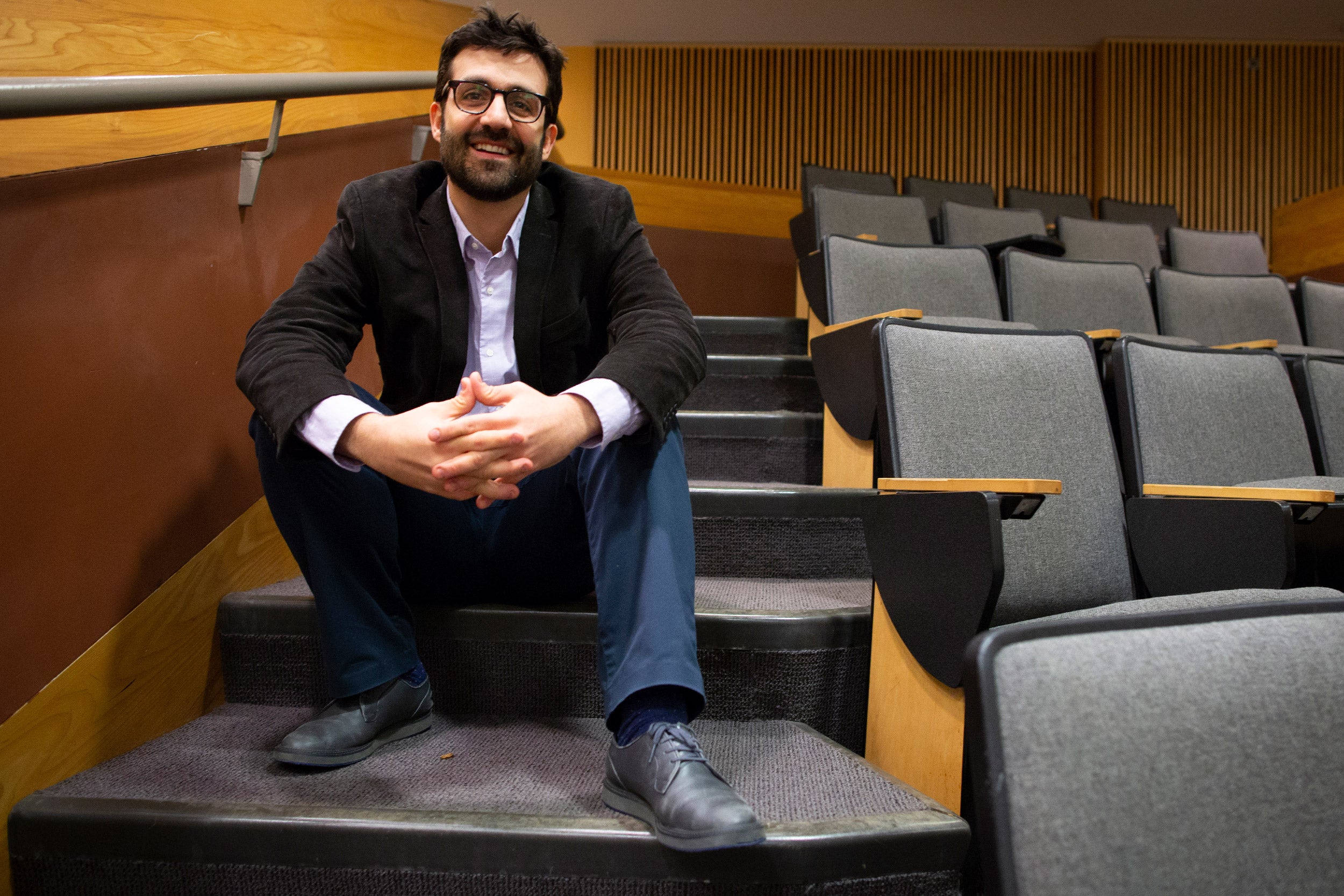
In Heidi Vollmer-Snarr’s advanced undergraduate research course “Experimental Chemistry and Chemical Biology,” students would normally travel to Washington, D.C., to meet with members of Congress and gain experience working on direct science advocacy. This fall, that work will happen online. Small groups of students will arrange, prepare for, and attend virtual meetings with representatives to advocate for existing bills related to their research projects.
“Not only does this teach the students the importance of communicating about their research in more general terms to nonscientific audiences, but it also teaches them the importance of advocating for change,” said Vollmer-Snarr, director of advanced undergraduate laboratories and senior preceptor in chemistry and chemical biology.
Bruno Carvalho hopes students in his first-year seminar, “Back to the Future: How the Past Imagined the Cities of Tomorrow,” will use their physical environments as the foundation for collaborative digital story map projects. Carvalho, who is a professor of romance languages and literatures and AAAS, and an affiliated professor in urban planning and design at the Graduate School of Design, will assign self-guided outdoor tours around the Carpenter Center or a neighborhood walk if they don’t live on campus.
“Hopefully the limitations of technology allow us to have richer conversations about the value of things that we sometimes take for granted, like social gatherings, chance encounters, and certain physical spaces that we have in the city and on campus, including the seminar room,” he said.
Director of the Mahindra Humanities Center, Morton B. Knafel Professor of Music, and Harvard College Professor Suzannah Clark partnered with Dean of Arts and Humanities, Faculty of Arts and Sciences, and Shirley Carter Burden Professor of Photography Robin Kelsey to emulate a seminar room environment through a new humanities sophomore tutorial called “Making It.” They plan to mail notebooks out to their students as a “tangible reminder” of their shared experience, said Clark. Another campus connection is also in the works: Kelsey and Clark plan to collect fall leaves from Harvard to send out for use in a future assignment.
Carpenter said the upheaval of the current moment could lead to further innovations in any type of classroom.
“We can’t change the fact of COVID-19 and can’t change the fact of remote learning, but we can change how we adapt and move forward into the next phases of our lives. It just so happens that this moment is also a critical moment in our democracy, and I want to seize that opportunity as an instructor,” said Carpenter. “[This] has forced me to rethink and reshape my own approach to teaching in ways that will make me a better teacher.”



